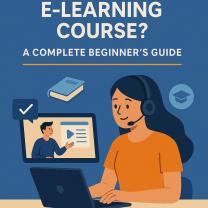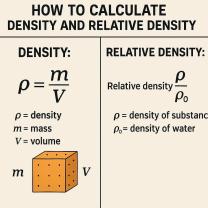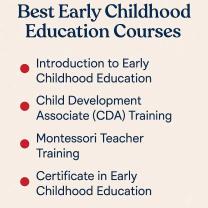What are the best schools for autism?
Selecting the best school for a child with autism depends on various factors, including the individual needs of the child, the severity of their autism, and the available resources in a given area. Here's a comprehensive guide to help you identify some of the best schools for autism:
Public Inclusive Schools:
- Some public schools have specialized programs or inclusion classes for children with autism.
- Look for schools with experienced special education teachers and support staff.
Private Specialized Schools:
- Many private schools focus exclusively on students with autism.
- These schools often have smaller class sizes and tailored teaching methods.
ABA (Applied Behavior Analysis) Schools:
- ABA is a widely recognized and effective therapy for autism.
- Some schools incorporate ABA principles into their teaching methods.
Therapeutic Day Schools:
- These schools provide a structured environment with a focus on therapeutic interventions.
- They often have multidisciplinary teams, including speech therapists, occupational therapists, and behavioral specialists.
Special Education Charter Schools:
- Some charter schools are dedicated to special education, providing individualized education plans (IEPs) and other support services.
Residential Schools:
- In cases where children require more intensive support, residential schools may be considered.
- These schools provide 24-hour care and education.
Transition Programs:
- For older students, transition programs help them develop life skills and prepare for adulthood.
- Focus on schools that have robust transition programs with vocational training.
Technology-Focused Schools:
- Some schools leverage technology to support learning for children with autism.
- Consider schools that use educational apps, assistive technology, and other tools.
Collaborative Inclusion Programs:
- Schools that promote inclusive environments and collaboration between general and special education teachers.
- This approach allows children with autism to learn alongside their neurotypical peers.
Therapeutic Boarding Schools:
- In certain situations, therapeutic boarding schools may be suitable for addressing behavioral challenges.
- These schools often offer a combination of academics and therapeutic support.
When evaluating schools, consider the following:
Individualized Education Plans (IEPs): Ensure the school can create and implement personalized plans based on your child's needs.
Qualified Staff: Look for schools with experienced special education teachers, speech therapists, occupational therapists, and behavioral specialists.
Parental Involvement: A school that encourages parental involvement and communication is crucial for a child's success.
Facilities and Resources: Check if the school has appropriate facilities and resources to support children with autism.
Community Support: Consider the level of support and understanding from the local community.
Before making a decision, visit schools, talk to staff, and seek input from other parents. Every child is unique, so it's important to find a school that can address your child's specific needs and provide a supportive environment for their growth and development.
Top Schools for Autistic Students:
While ranking schools definitively is complex due to individual needs and program variations, here are some respected institutions known for excellent autism education:
Nationally recognized:
- Land Park Academy (Sacramento, CA): Employs Applied Behavior Analysis (ABA) and emphasizes social-emotional development.
- The Autism Academy of Learning (multiple locations): Uses Individualized Education Plans (IEPs) and sensory integration strategies.
- Lionsgate Academy (Minneapolis, MN): Offers small class sizes, individualized curricula, and social skills groups.
- Heartspring School (Wichita, KS): Provides comprehensive programming for various needs within the spectrum.
- Camphill Special School (Glenmoore, PA): Utilizes Waldorf education, emphasizing artistic and practical activities.
Additional resources:
- The National Autistic Society: https://www.autism.org.uk/
- Autism Speaks: https://www.autismspeaks.org/
- Understood.org: https://www.understood.org/
Tailoring Programs for Autistic Students:
These schools excel by understanding and addressing autistic individuals' unique learning styles and needs. Here's how:
- Individualized Education Plans (IEPs): Tailored academic and behavioral goals are set for each student.
- Structured and Predictable Environments: Routines and clear expectations reduce anxiety and promote learning.
- Specialized Instruction: Trained professionals deliver evidence-based practices like ABA and social skills training.
- Sensory Integration Support: Strategies address sensitivities to sound, light, touch, etc., fostering comfort and focus.
- Collaborative Teams: Educators, therapists, families, and other professionals work together for holistic support.
Approaches and Methodologies:
Several approaches distinguish these schools:
- Applied Behavior Analysis (ABA): Uses positive reinforcement to teach targeted skills and behaviors.
- Social Thinking Curriculum: Teaches social understanding and communication skills explicitly.
- Structured Language Education (SLE): Emphasizes clear, literal language instruction for improved comprehension.
- Sensory Integration Therapy: Helps individuals process and regulate sensory input.
- Technology Integration: Assistive technologies support learning, communication, and independence.
Remember: The "best" school depends on your individual needs and location. Research thoroughly, consider campus visits, and connect with other families for informed decisions.













